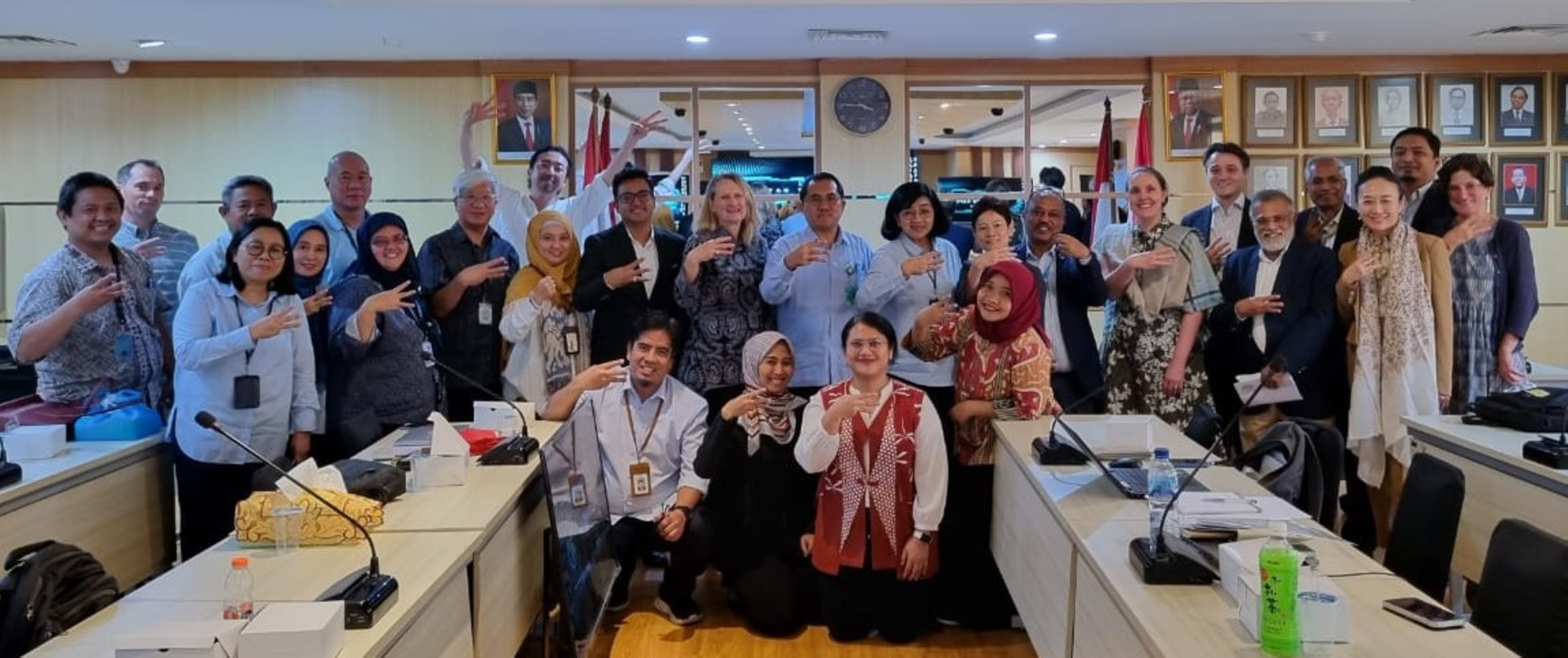Indonesia, a country with a rich cultural tapestry and diverse geography, faces significant health challenges, such as the burden of neglected tropical diseases (NTDs) including leprosy. Despite the complexities posed by its vast archipelago, Indonesia remains steadfast in its commitment to eliminating leprosy as a public health problem.
In August 2024, Indonesia undertook a pioneering mission to evaluate its leprosy elimination efforts as part of an integrated skin NTD programme review. This mission marked a significant milestone as the first in the South-East Asia Region—and possibly globally—to simultaneously address the elimination of leprosy alongside other skin NTDs such as lymphatic filariasis and yaws. Led by the WHO Country Office, WHO SEARO, and Indonesia's National NTD Programme, the review brought together international experts, national specialists, and key stakeholders from various levels to assess the current status of leprosy elimination and develop strategic directions for the future.

The review employed a comprehensive approach, including a desk review, group discussions, and field visits to three endemic districts—Sorong Selatan, Mimika, and Belitung. These visits enabled an in-depth evaluation of critical components for leprosy elimination, such as case detection, surveillance, health system capacity, treatment practices, and community awareness initiatives. Unique challenges, such as supply chain management of anti-leprosy drugs, were also addressed to ensure a holistic understanding of disease dynamics.
By integrating leprosy into a broader skin NTD strategy, the mission highlighted the importance of strengthening local health systems, enhancing surveillance, and fostering community engagement to accelerate progress toward leprosy elimination.
